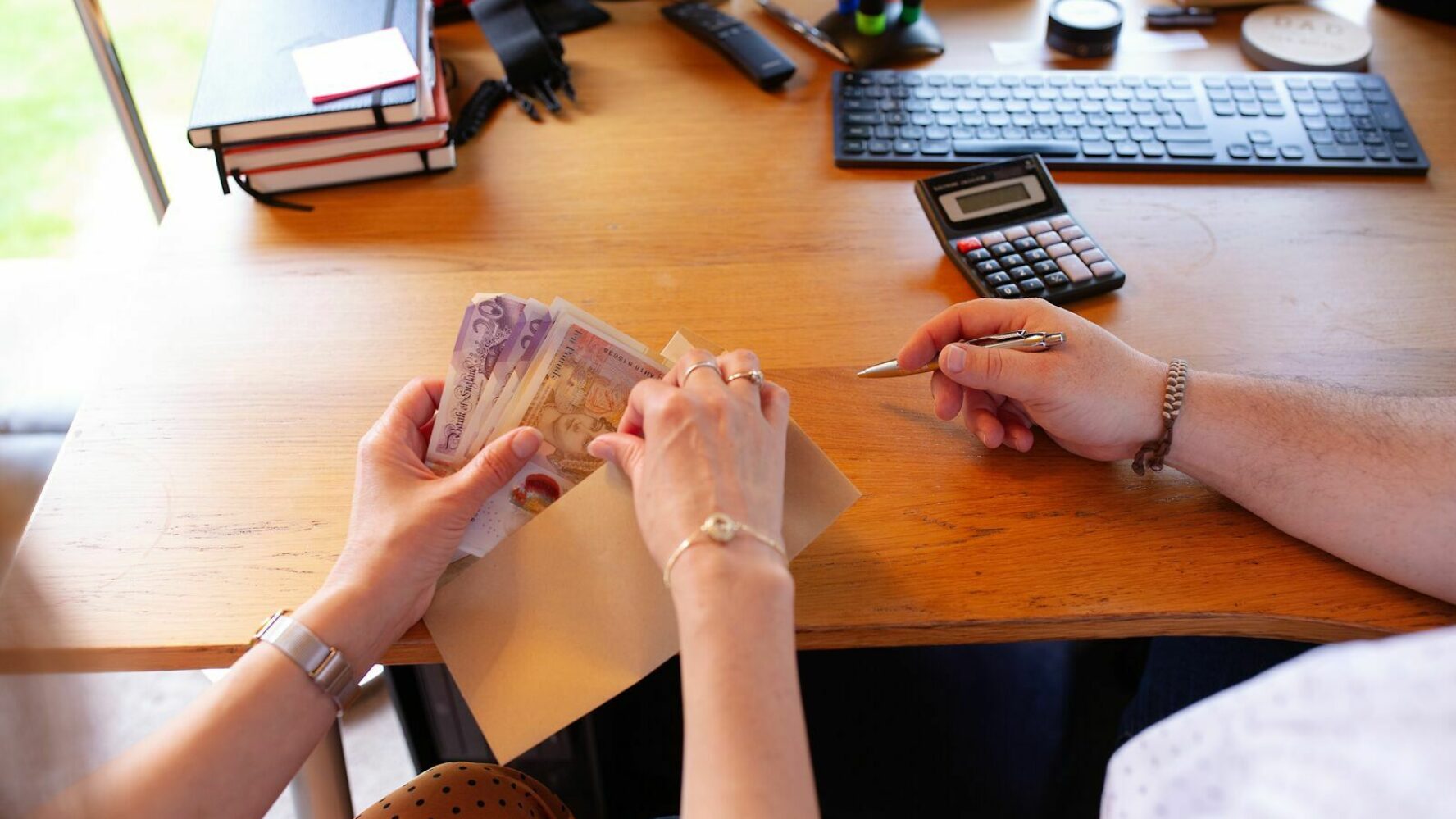
It can be difficult to know where to start when you’re looking to save money. Whether you’re trying to build up a small safety net or simply looking for ways to cut back on your monthly costs, it can sometimes feel like an impossible task. However, with these ten simple money saving tips, it won’t be an impossible task anymore.
Top ten money saving tips:
1. Work out your budget
Whether you’re struggling with problem debt or are just looking to start saving money, the first step is knowing how much you can actually save by working out your income and expenditure (that’s the money you have coming in and going out each month).
Open three bank accounts: one for your bills, one for your disposable income and one for your savings. Start small: save a few pounds a month to start with. Then increase if you can. Transfer what you can afford to your savings as soon as you get your income into your bank account. Then you won’t be able to spend it during the month.
In short, save what you can afford. Some experts recommend saving a set amount of your income such as 10–20%. If you can’t afford that, even just putting away a couple of pounds a month will help you save over time.
2. Check if you’re entitled to free grants and benefits
Using a free, online benefits calculator and grants search is a quick and easy way to make sure you’re receiving every penny you’re entitled to. This small check can ease the pressure on your monthly budget and give a much-needed boost to your household income.
3. Learn how to build an emergency fund
Building an emergency fund is a powerful long-term money saving tip as you’ll have a goal to work towards. By having a cash reserve for unexpected costs, you can emergency-proof your budget and protect your financial future, as well as improve your outlook on money and reduce stress if a financial emergency arises.
4. Switch energy supplier
Now more than ever, we know that people are struggling with energy price rises. By switching energy suppliers, you could reduce your bills and ease the pressure on your household budget. The process is more straightforward than you think, and the savings could make a real difference.
5. Try a free money coaching session
When money feels overwhelming, it can help to talk things through with someone who understands. A free CAP money coaching session gives you space to look at your finances, set simple goals and build confidence around money without judgement.
Find money coaching near you
6. Find out what money personality you have
We all have different habits when it comes to money, each with their own perks and pitfalls. Understanding our spending habits can help us find better ways to save and improve our relationship with money. With CAP’s free online money personality quiz, you can get bespoke money saving tips and advice to help you through your financial storms.
7. Try a money saving challenge
Some people find it easier to cut back on their spending if they turn it into a challenge or even a game. This can be particularly effective if you find yourself prone to impulse-buying extras that you don’t need. Why not challenge yourself to change your relationship with money through something like a no-spend week?
8. Try the 50/30/20 rule
Financial peace of mind begins with a plan. When you take the guesswork out of your spending, you remove the heavy burden of money-related stress. A popular money saving tip is to use the 50/30/20 rule to help with your budgeting.
9. Save money on your food shop
Food shopping can be one of the biggest weekly expenses, so even making small changes can make a big difference. We’ve put together a simple guide to help ease the burden and make shopping easier.
10. Cancel unused subscriptions
It’s easy to lose track of subscriptions, especially ones that only cost a few pounds per month. From streaming services and apps to delivery passes and gym memberships, each one can add up without you realising. Take a few minutes to check your bank statements for regular monthly payments and ask yourself if you’re still using each one.
CAP top tip! If you decide to cancel any non-essential direct debits, make sure you tell the retailer too so they cancel your subscription.
















